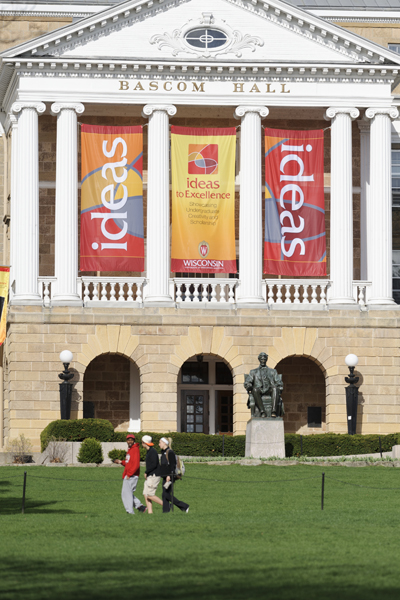Measuring Good Teaching
February 22 and 23, 2019
This initiative explores a set of issues that center around practices of teacher evaluation, asking participants to bring to bear some work in the philosophy of social science and moral philosophy to think about how we do and how we ought to define, measure and evaluate good teaching.
In particular, we discussed how particular conceptions of what the activity of teaching is shape how we define and try to evaluate good teaching, what happens when there is a mismatch between teacher’s own sense of what they are doing and the conception of their activity that shapes their evaluations.
The first meeting was held in Denver in February of 2019. The discussions yielded an ongoing list of further questions participants were interested in exploring. We plan to hold a follow up meeting late in 2020 to workshop some of the results. One project that grew out of those discussions, concerning how to identify and evaluate good schools, is one we hope to explore as a new Center initiative.

The Costs of Higher Education
February 9 and 10, 2018; March 4 and 5, 2016
In spring 2016, the Center hosted an invited conference in which participants were asked to think about the following questions:
- What constitutes a quality public college education?
- How, in a world of finite resources, should a quality public college education be distributed?
- How it should be financed?
- How should public institutions change in the light of the answers to those questions?
Participants were asked to read a set of materials prior to the conference, and the days were designed around a series of discussion prompts. In addition, we heard presentations from Laura Hamilton, author of Parenting to a Degree: How Family Matters for College Women’s Success; Michael McPherson co-author of, Lesson Plan: An Agenda for Change in American Higher Education; and Nancy Kendall and Matt Wolfgram, who discussed their on-going study, “Constructing Affordability: How Institutional and Relational Contexts Affect Retention of Undergraduates from Low-Income Families.”
In winter 2018, the Center brought many of the same scholars back together, as well as some new participants, to consider some of the main, though often unseen obstacles and barriers to getting a college degree, who they affect, and what might be done (or is being done) to overcome or eliminate them.
Participants were asked to think about what might be done in terms of state financing, private sector activity, and school and university policy and practice to achieve this.
If you are interested in learning more about these events, we have made the 2016 and 2018 conference framing statements, the reading list, as well as information about the papers-in-progress available.

Several participants developed papers-in-progress in advance of the 2018 conference, and we used our time together discussing and developing them.
2016 Framing Statement PDF
2016 Reading and Discussion Questions PDF
2018 Framing Statement PDF
2018 Papers-in-Progress
Responsivenesss as a Democratic Virtue
March 3 and 4, 2017; October 16 and 17, 2015
In fall 2015, the Center hosted an invited conference on the topic, Responsiveness as a Democratic Virtue.
Our purpose was to bring together a small group of philosophers, social scientists, and educators to discuss what the virtue of responsiveness is, what value it has for democratic life, and whether (and how) this value should be promoted in schools.
Our discussions began with this starting definition of responsiveness:
Being responsive (primarily to others, but we might also think about being responsive to the non-human world) involves being open to being moved or transformed by what others convey and do, especially in the course of the shared activity of living together (which includes working out the terms by which we live together).
This was not a meeting in which participants presented papers; instead, our hope was that focused discussion on the theme would inspire new work to be developed over the course of the next year.

This same group met again in the spring of 2017 to share and discuss progress on a set of papers-in-progress related to the theme of Responsiveness as a Democratic Virtue.
